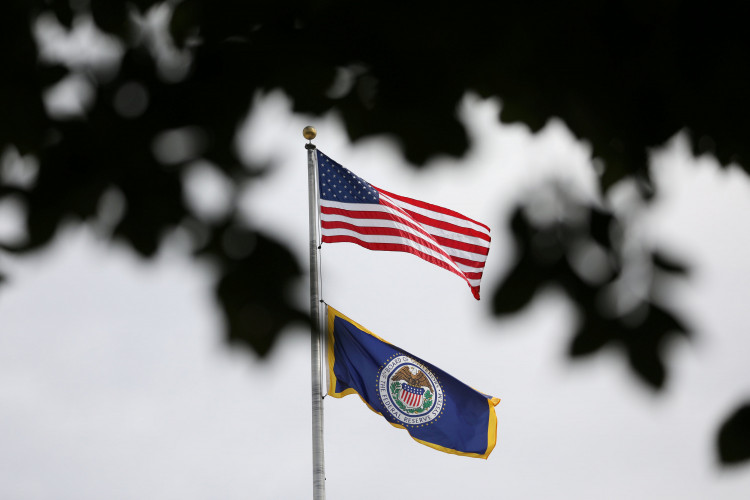The United States could fall into a recession by 2020 sparked by wobbly trade policies and soaring interest rates, and a possible overheating economy according to separate predictions from the country's known economists.
JPMorgan Chase & Co said the United States has a greater than 50-50 chance of plunging into a recession by 2020. This estimate was higher than what the Federal Reserve Bank of New York maintained at only 14.5 percent chance of recession happening in the same year.
In a note first reported by Bloomberg, JPMorgan Chase & Co said the probability of the next financial crisis hitting the country in 2019 is currently at 28 percent. The likelihood increases to more than 60 percent over the next two years and 80 percent over the next three years, the bank stated.
The bank's estimates take into consideration the current consumer and business sentiment, labor participation among prime-age male, compensation growth, and durables and structures as a share of the gross domestic product.
JPMorgan Chase & Co's forecast was echoed by economists at Rabobank with Lyn Graham-Taylor, senior fixed-income strategist telling CNBC that the Fed will be the chief trigger of the next U.S. recession.
Business Times previously reported that the Fed increased its interest rates between 2 and 2.5 percent on Sept. 26. The central banking system, chaired by Jerome Powell, has also predicted one more interest rate hike before 2018 ends and 3 more increases in 2019 and another one in 2020.
Earlier this month, U.S. President Donald Trump criticized the Fed for its move and said that the central bank is the ultimate threat to the U.S. economy that his administration has worked hard to improve.
Graham-Taylor said the president may have a valid point.
For Ronald Temple, head of U.S. equity for Lazard Asset Management, the main trigger for the next recession is the combination of the impacts of the China-US trade war and the impacts of federal rate hikes that have all resulted from Trump's protectionist policies.
Temple told CNN that the risk of a recession by 2020 has increased due to Trump's trade policies. He added that removing the global trade war from the equation would immediately decrease the risk of recession erupting by 2020.
Jeffrey Kleintop, chief global investment strategist with Charles Schwab, and Katie Nixon, chief investment officer for Northern Trust Wealth Management, also determine the ongoing trade war as the main indicator of a recession happening soon.
Mark Zandi, the chief economist of Moody's Analytics, also predicted that the next financial crisis would erupt in the summer of 2020. For Zandi, however, the indicator that the economy will plunge into a recession is the low unemployment rate at percent.
He explained that the economy may soon pass through full employment. If the actual unemployment rate falls between the natural rate, salary increases rapidly, thereby squeezing businesses of their fund. These businesses may resort to increasing prices for their products or services which in return may give birth to inflation. When inflation heightens, the Fed may resort to tougher monetary policy.






